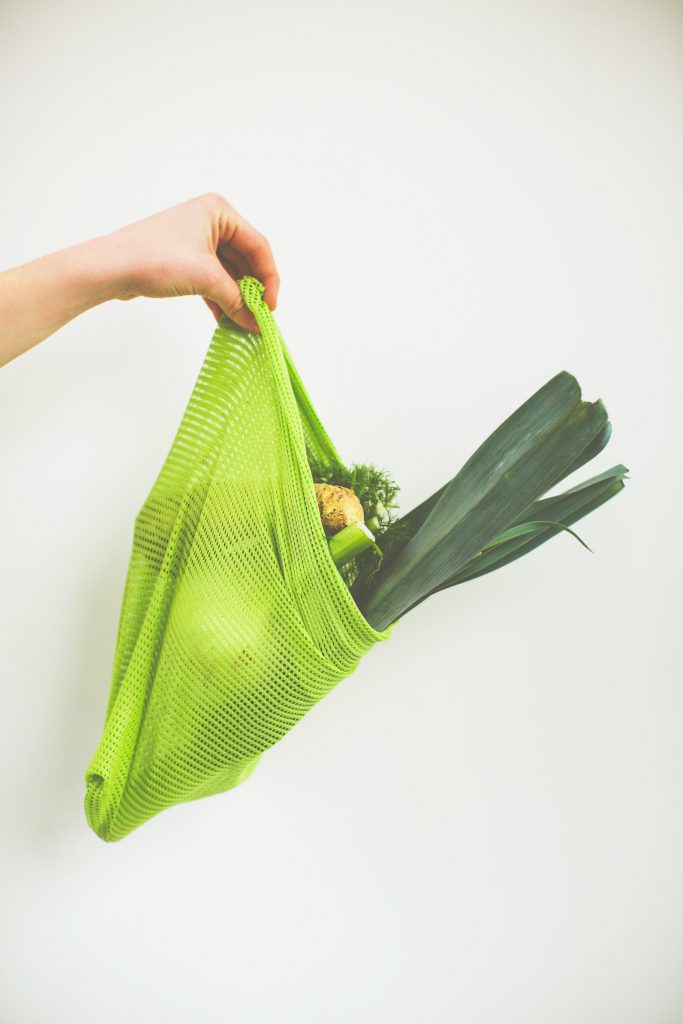
It does seem like more people today are looking for ways to be more eco-friendly, and what better way to start than starting with your own home? Your home is where you make memories and spend a lot of your time. There are small steps you can take in your home to make a big impact on the environment such as recycling or using reusable bags. We’ve listed 6 easy ideas for becoming an environmentally friendly household below!
1. Using Reusable Bags
Reusable bags are usually made from recycled materials making them less harmful to the planet than single-use bags. Those single-use bags end up in landfills and take up a lot of space while being harmful to the environment. Using reusable bags could reduce landfill waste by several hundred pounds every year!
They’re also better for your wallet. According to greenpeace.org, they’re one of the best ways to cut down on costs when shopping regularly at grocery stores. Another reusable bag item is reusable gift bags! These are also made out of recycled materials and you won’t have to worry about buying gift bags, then having them thrown away. They can be reused time and time again!
2. Going Green with Cleaning Products
Green cleaning products are more efficient and better for the environment. They’re made from renewable resources and are less toxic. Independent laboratories have thoroughly tested them to make sure they meet industry standards.
You can start by making the switch with eco-friendly cleaning products, or you can find DIY cleaning solutions you can make yourself at home. There are so many earth-friendly companies these days, so you can easily find an environmentally friendly shampoo, soap, and dish soap!
Another great idea would be to swap your kitchen paper rolls to just using cloth or dishtowels. You just need to wash and reuse it!
3. Use Natural Light
Use natural light as much as possible, especially if you live in a space that has a lot of windows where space is abundant. Natural light is free, and it’s healthier for you than artificial sources of illumination. It makes your home feel more open and airy, which can help reduce stress levels in the bedroom or living room. Besides being good for your health and saving money, installing windows that let in plenty of natural sunlight can make your home more energy efficient, which is good for the environment.
4. Conserve Water
Water conservation is an easy way to reduce your home’s carbon footprint and make it more sustainable. How much water do you use? The most important thing is to track how much water your household uses, and then find ways to cut back on that amount. To do this, start by keeping track of all the things that use up water—basically anything from sinks and showers to washing machines and dishwashers. Then look for ways you can use less of these utilities in particular areas of your house; for example, putting off taking a shower until after dinner.
What are some easy ways you can conserve? There are many simple things you can do at home, like turning off faucets while brushing your teeth, running your dishwasher only when it’s full, or skipping the rinse so you don’t waste water and energy.
5. Buy Energy Star Appliances
Buying Energy Star appliances is a great way to save money and the environment. Energy Star-certified appliances use less energy and produce less waste, so they are efficient and will also save you money in the long run. Here are more tips if you want to use appliances more efficiently:
- Don’t leave appliances on standby. This means that you should turn off your coffeemaker when it’s not in use and unplug all other electrical devices, including televisions and computers, before going to bed at night. If you have an electric dryer, use cool air settings instead of hot ones; otherwise, you’ll be wasting energy by drying clothes faster than necessary, and you might even end up heating the house.
- Don’t use energy-hogging appliances such as dishwashers or refrigerators if they’re over 10 years old—they may be too old to run efficiently anymore.




